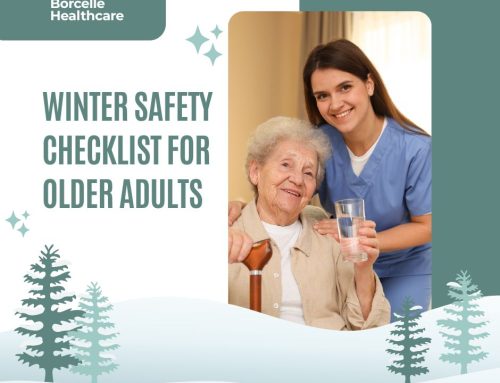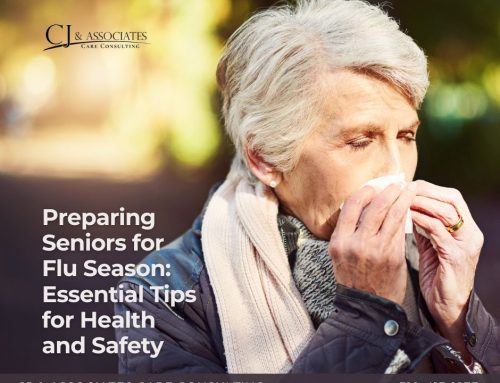As the days grow shorter and temperatures drop, many people experience changes in mood and energy. For older adults, these seasonal shifts can have a significant impact on mental health—sometimes leading to a condition known as Seasonal Affective Disorder (SAD), or seasonal depression. Understanding the early signs of this condition can help families and caregivers intervene before it worsens.
What Is Seasonal Depression?
Seasonal depression is a type of depression that typically occurs during the fall and winter months when there’s less natural sunlight. Reduced daylight can disrupt the body’s internal clock and affect levels of serotonin and melatonin, two chemicals that play a key role in regulating mood and sleep.
While anyone can experience SAD, older adults are especially vulnerable due to factors like isolation, limited mobility, and preexisting health issues. Recognizing early warning signs is crucial to ensure seniors receive the support they need.
Early Signs to Watch For
- Changes in Mood or Energy
Seniors may appear more withdrawn, irritable, or fatigued. They might lose interest in activities they normally enjoy or express feelings of hopelessness or loneliness. - Altered Sleep Patterns
Difficulty falling or staying asleep—or conversely, sleeping much longer than usual—can indicate a disruption in the body’s natural rhythms caused by reduced daylight. - Appetite Changes
Some individuals crave carbohydrates or sweets during seasonal depression, while others may eat less than usual. Sudden weight changes can be a sign something deeper is going on. - Social Withdrawal
A once-social loved one might start skipping family gatherings or phone calls. Isolation can both cause and worsen depression, especially in aging adults. - Difficulty Concentrating
Seniors with SAD may seem forgetful, distracted, or disinterested in conversation. These symptoms are sometimes mistaken for early dementia but can actually signal depression.
Why Seniors Are at Higher Risk
Several age-related factors can increase the likelihood of developing seasonal depression:
- Limited mobility, which reduces outdoor activity and sunlight exposure.
- Chronic health conditions like arthritis or diabetes that worsen during colder months.
- Medication side effects that may contribute to fatigue or mood changes.
- Loneliness or grief, especially for those who have lost loved ones or live far from family.
How Families and Caregivers Can Help
Proactive involvement from family members and professional caregivers can make a big difference. Try these strategies:
- Encourage sunlight exposure: Open curtains during the day or consider safe outdoor walks when weather allows.
- Promote social interaction: Plan regular visits, phone calls, or video chats. Even small connections help reduce isolation.
- Maintain a consistent routine: Regular meals, sleep, and exercise times support emotional balance.
- Consult a professional: A geriatric care manager can coordinate care, connect families with mental health resources, and ensure symptoms are monitored.
- Consider light therapy: For some seniors, using a special light box under professional guidance can help alleviate symptoms.
When to Seek Help
If symptoms of seasonal depression last more than two weeks or interfere with daily functioning, it’s time to seek professional support. Early intervention from a geriatric care manager can help identify underlying causes, coordinate care among providers, and develop a plan that promotes emotional and physical well-being.
How CJ & Associates Care Consulting Can Help
At CJ & Associates Care Consulting, our certified geriatric care managers provide personalized assessments, care planning, and emotional support for seniors and their families. Whether it’s coordinating care, addressing signs of depression, or managing chronic conditions, we help clients maintain the best possible quality of life year-round.






